Theatre in the Age of Climate Change
An Educator’s View
This week on HowlRound, we continue our exploration of Theatre in the Age of Climate Change as part of Climate Week NYC. With the recently signed Paris Agreement, the next several decades will see increased efforts from the global community to address the challenges brought on by a warming planet. How do we, theatre artists, participate in those efforts? How do we use our creativity and skills to bring about the kind of social change that is so desperately needed? Though I only know her through email exchanges and Skype conversations, playwright and educator Elspeth Tilley’s passion and energy come through loud and clear. Here, she tells us about how she inspires others. —Chantal Bilodeau
The question is not whether human beings are creative, but what are we doing with our creativity? —Alfonso Montuori
I do not understand human existence, and the struggle needed to improve it, apart from hope and dream. —Paolo Freire
A group of students is folding recycled paper aeroplanes. When ready, they hoist their planes high, a cloud of bright wings and tail fins. I ask them to make eye contact with another student, launch their plane, and make a swap. Hilarity erupts as some planes go off course in crazy circuits, but everyone participates and every pair completes the task.
Now a different instruction: “Throw your plane as high in the air as you can.” When the planes are aloft, I add: “Collect as many planes as you can! The person with most planes wins!” There is a moment’s hesitation, then the grabbing begins.
Some stand back and don’t participate (I don’t let on, but these are my secret heroes, the conscientious objectors). One group forms a faction, passing planes to a person they’ve chosen as “winner.” Another group spots the tactic and forms an opposing cabal. Some planes are physically torn from others’ hands. Planes become crumpled, ripped. I call a halt. “This time,” I announce, “aim to keep as many planes as possible in the air simultaneously—ready, go!” Laughter returns as cabals dissolve and eyes turn skyward, watching for the right moment to contribute to keeping all planes, any plane, aloft, together.
Afterwards, I request adjectives to describe each phase of the activity. Phase one elicits words like “cooperative” and “connecting.” Was it enjoyable? A resounding “yes.” How about Phase two? “Greedy” dominates the responses. It was not particularly enjoyable. It felt divisive, isolating, just “wrong” somehow. Phase three was most fun. “Collaborative” is the key term. “Achieving something bigger together” is offered.
“Which phase,” I ask, deadpan, “reflects how we currently run the planet, our economic and other systems for distributing power and resources?” Recognition crystallizes: Phase two. We run the world competitively, grabbing for resources. Greed wins. But the young people argue that it isn’t the only way we could run it—phases one and three suggest possible alternatives. Phase two, clearly, is unsustainable. It damages planes, hurts group relationships, and creates inequality. To these young people, this is unequivocally an analogy for the planet—we have to change the system. It doesn’t actually work.
The “paper planes” exercise is adapted from The Infinite Game by Auckland-based psychologist Niki Harré, who in turn built on ideas from James Carse’s book Finite and Infinite Games. As described, it was occurring at a 2016 conference for young people in Aotearoa New Zealand, called #Create1World. It’s the first conference combining ideas of creative activism and global citizenship.
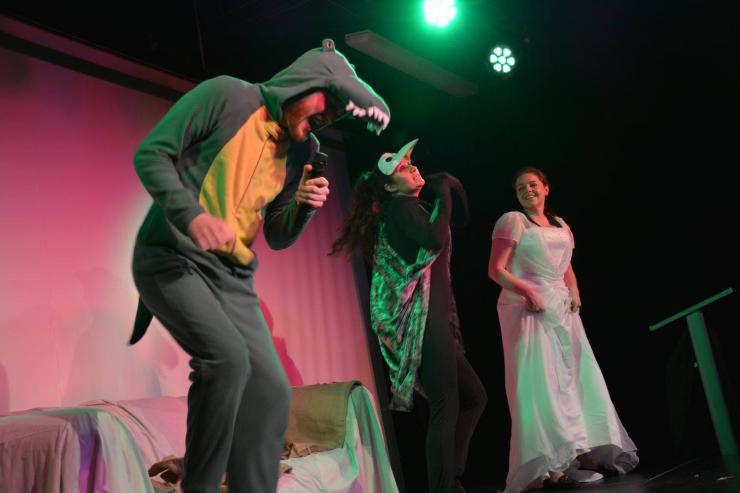
In the morning, the students video-dialogued with leaders in creative activism, particularly applied theatre, such as Chantal Bilodeau, Kimberly Dark, Amber Sainsbury (founder of Dramatic Need, a creative arts charity helping vulnerable children in Africa to build hope and self belief), Roberto Gutierrez Varea, Lorca Peress (president and artisitc director of MultiStages), and Jo Randerson. After hearing that theatre and creative practice can be used to imagine different futures, incite climate action, write your own story if you can’t see your place in the dominant one, expose injustice, give voice to unheard voices, connect diverse peoples, surface difficult topics, build peace, and heal trauma, the young people began to feel encouraged about their ability to influence their surroundings, more confident that maybe the things they are passionate about—music, theatre, writing poetry—can also effect change.
‘I wanted to let you know how profusely life-changing the Create1World conference was for me. I have always loved acting, writing, and creativity, and realizing how fundamental and incredibly powerful they can be for making a change has blown my mind.’
This sense of hope is crucial—New Zealand has a shockingly high youth suicide rate, and while depression is complex, the overwhelming scope of problems like climate change contributes to a sense of powerlessness. Later, students who attended sent feedback: “I wanted to let you know how profusely life-changing the Create1World conference was for me. I have always loved acting, writing, and creativity, and realizing how fundamental and incredibly powerful they can be for making a change has blown my mind.” What shocks me is not that one conference made a difference, but that, for these particular students, nobody has connected these things before.
The “paper planes” exercise provokes thinking about planetary level change, something few have considered within their grasp. Next, they split into groups and brainstorm ideas about creativity and social change for a report to be presented to political leaders. The students’ ideas, back from the transcriber, are perceptive and impassioned: “Global citizenship [is] working with others and it may require a bit of energy or a bit of work to think outside your own perspective and look at others and work with others, but in the end that provides the best result. And we realized that creativity can come in to this in just about every sense. It’s about coming out with ideas that work and benefit people and expressing ourselves with ideas. In a way, it’s a mindset.”
The young people feel hindered in pursuing creative ideals. “Our group was talking about whether young people are given enough support in the school community to creatively solve the problems with our planet. And we believe that they’re not.” “Subjects like Art, Drama, Media Studies, they seem to be almost dismissed … they say, “Do you need this to be a doctor? Do you need this to be a lawyer? Do you need this to get into university?’” Another group adds: “The way in which young people are rewarded for what they do at school has got some fundamental issues. There’s kind of a negative stigma quite often associated with taking a more creative path. We’re encouraged to follow paths that are quite safe. We’re never really given the opportunity to go outside the comfort zone and do something like create a drama company or be a motivational speaker.” “Schools need to be teaching us to be more creative and not find their solutions but to find our own.”
The young people do have solutions, including: redefine success, reward not just individual academic results but give credit for taking “a more active role in our school community” and creating projects that help others, embed politics and social justice within creative subjects instead of separately in history or social studies, and directly facilitate youth political participation: “Lower the voting age” they demand, because young people are open minded and not yet stuck inside “the square box” of conventional thinking.
“We should be given the responsibility to make the bed that we’re going to have to sleep in in twenty years, thirty years. The fact that older people are deciding for us how our world is going to be and we’re the ones who have to deal with the consequences, doesn’t seem very fair .… Young people should be given the responsibility to make actual decisions about the way our country is run, about the way these planetary issues—like global warming and the refugee crisis—will be solved.”
The students are, interestingly, directly aligned in their pleas with some key contemporary thinkers on creativity, sustainability, and education. Alfonso Montuori, for example: “Creativity and imagination will be essential to envisioning and developing alternatives to the systems, structures, and processes that are presently failing us. But if the urgency and importance of creativity are clear, in education creativity is mostly conspicuous by its absence.”
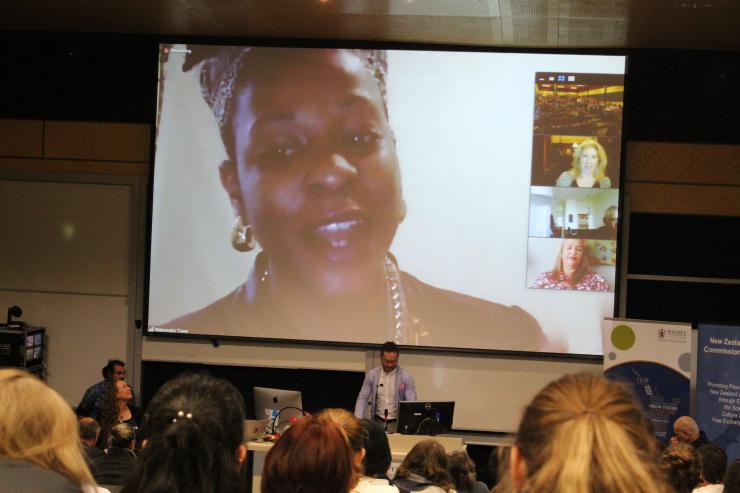
Or Henry Giroux:
Critical pedagogy is not concerned with simply offering students new ways to think critically and act with authority as agents in the classroom; it is also concerned with providing students with the skills and knowledge necessary for them to expand their capacities both to question deep‐seated assumptions and myths that legitimate the most archaic and disempowering social practices that structure every aspect of society and to then take responsibility for intervening in the world they inhabit.
We primarily use education to reproduce in the next generation what we already ‘know,’ rather than facilitating novel knowledge production…if some of the key skills we need for the planet’s future are collaborating, thinking (and acting) beyond boundaries, taking creative risks, and imagining our future completely differently from our present—and our young people are ready to take these tasks on—this isn’t the only kind of education we need to offer.
The rationale, as these thinkers note, is clear—and implementation is still difficult. There are undeniably teachers everywhere, in schools and universities, delivering the creative, embedded, hands on social justice experiences that students crave and educational thinkers advocate. Yet we face challenges. The most fundamental is that, despite pockets of resistance, our education system, like our global economic system, is more akin to “Phase two,” than “Phase three” (in the paper planes exercise). We rank our students (and our educators) competitively within strict hierarchies. We set delimited (measurable) criteria for assessment, to which there are predetermined “right” answers. In other words, as Montuori observes, we primarily use education to reproduce in the next generation what we already “know,” rather than facilitating novel knowledge production. But if some of the key skills we need for the planet’s future are collaborating rather than competing, thinking (and acting) beyond boundaries, taking creative risks, and imagining our future in modes that function completely differently from our present—and our young people are clearly ready to take these tasks on—this isn’t the only kind of education we need to offer.
Speaking personally, I have found some ways to do education “differently” within the system. At Massey University, I am fortunate to work with like-minded colleagues in an innovative social justice theatre studies curriculum that asks students to “Perform the change you want to see” and prioritizes student-led projects. Recently, for example, students researched and collaboratively devised verbatim theatre work on New Zealand’s justice system that received national radio and television coverage, and influenced public debate. Being part of this class challenged students to explore new levels of embedded and embodied participation in a learning community that transcended the university walls. It turned them from knowledge consumers to self-aware learners participating reflexively in responsible knowledge co-creation. It drew from them hard work (effective, focused work, and self-and-other-knowledge) beyond anything I have seen in sixteen years of university teaching—from all of them.
Yet I am still expected to judge the students competitively against each other, to find ways, as instructed by examination committees, to “differentiate their performance.” It is not acceptable that an entire class achieves “A-plus” grades. Despite scouring the pedagogical literature, I genuinely struggle to find ways to do that that are not counterproductive to the collaborative, inclusive course aims. Students work far better when they explicitly work together for common outcomes, and share collective responsibility for those outcomes. And isn’t this the kind of world we want them to go out and create at the end of their time with us at university? One in which everyone’s contribution, although different in kind, is valued, and everyone is empowered and motivated to support collective goals, not just focus on the rewards they get from activities as individuals?
Which brings me finally to Climate Change Theatre Action (CCTA), and how profoundly important it, and projects like it, are to our future. At Massey University, we were fortunate to participate in CCTA in 2015. Titling our performance Waves to signal the community ripples we hoped it would start, we staged plays, poetry readings, and discussions. The richness of scripts offered by CCTA enabled us to construct a program that led from humor and acerbic wit through grim reality, finally to hope, celebration, and practical solutions. I believe the strong content enabled great theatre, using Willem Dafoe’s definition of what that should be: “Great theatre is about challenging how we think and encouraging us to fantasize about a world we aspire to.”
More important, though, was process. Students volunteered, sacrificing weekends and evenings, to be actors, writers, and crew. Like the participating playwrights (and organizers) they weren’t paid, and didn’t get academic credit—but they saw wonderful models of writers and theatremakers using art for change. They learned lines, rehearsed diligently, wrote eloquently, spoke passionately, and performed compellingly. They embraced collective responsibility, committed to something intrinsically valuable, and felt uplifted, empowered, and hungry for more. Climate Change Theatre Action is coming again in 2017 and already many more students are asking to participate.
Despite lofty curricular goals, extracurricular spaces like Climate Change Theatre Action and Create1World are the only places where I have found freedom to explore collaborative creative activism with young people—as optional participatory cultural experiences, which are not assessed but may just deliver the most important skills of all. Outside the classroom, we can transcend discourses of “employability” and put aside “differentiated academic performance” to look with hope, and without encumbrance, at how best to inspire the next generation to use their creativity collaboratively in the world. In the age of climate change, the importance of this cannot be overstated.

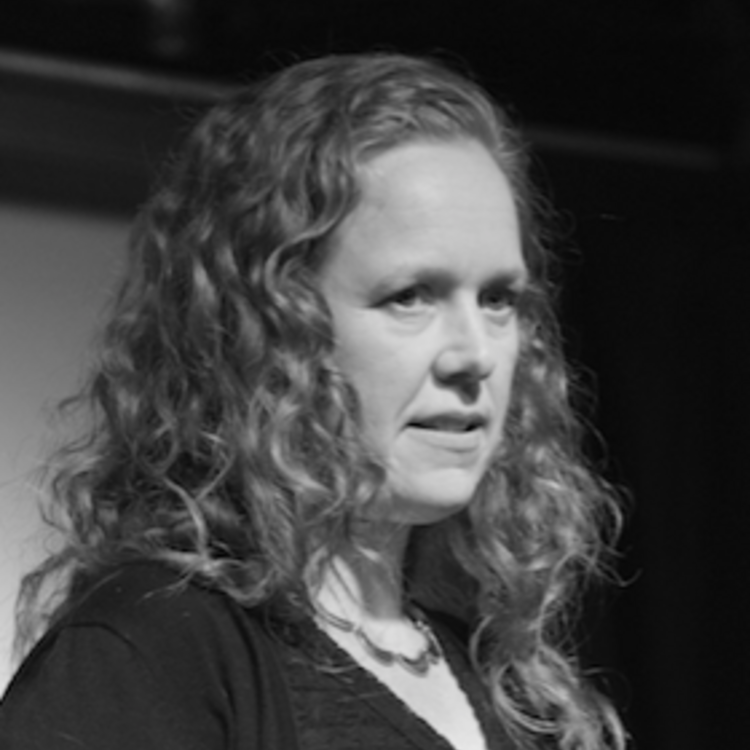
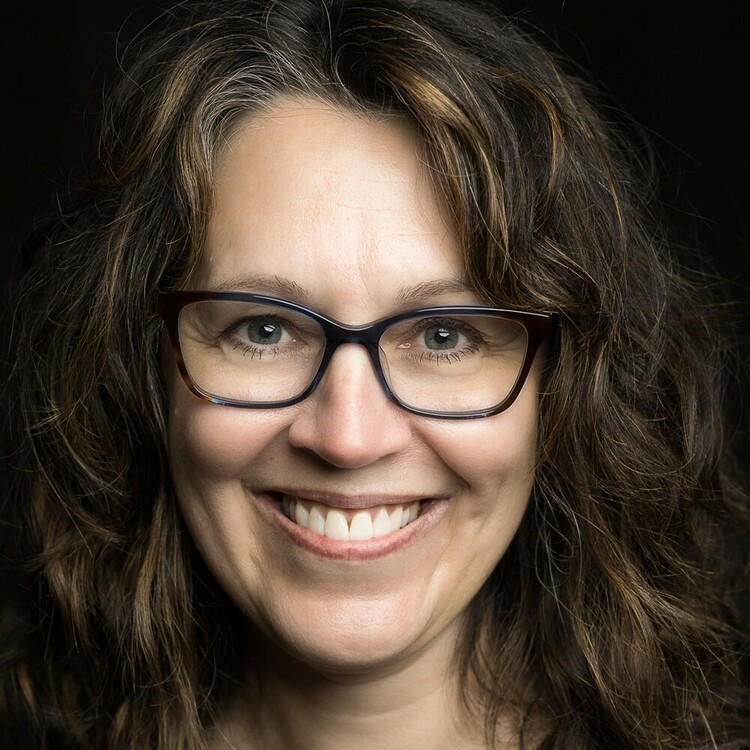
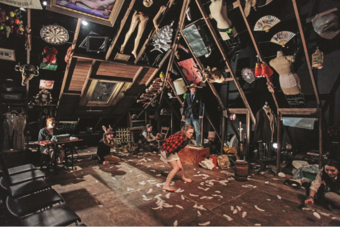

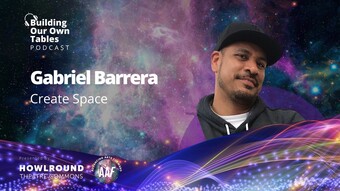


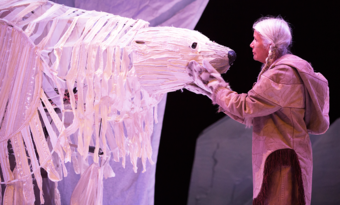

Comments
The article is just the start of the conversation—we want to know what you think about this subject, too! HowlRound is a space for knowledge-sharing, and we welcome spirited, thoughtful, and on-topic dialogue. Find our full comments policy here
Thank you everyone for your kind comments! If you get a chance to be either audience or better still participant in Climate Change Theatre Action in 2017 I can't praise the experience enough. Chantal and team make it very easy to be part of something very special. :-)
Really nice, thank you.
“Great theatre is about challenging how we think and encouraging us to fantasize about a world we aspire to.”
YES!!!
I was not familiar with this quote -- thank you for bringing it to our attention, and for the great essay!
How my eyes and heart have come alive! This particular text was very compelling and mind opening! I heavily agree on the very fact of how a generation of today is being drawn into an academic competitiveness, how we must strive to stand out just to be given a grade A, individually. We have made ourselves to be all about ourselves, the dire need for collaborative forces is at an all time high. I can not blame the entirety of how competitive I am, myself, because in a sense it was put upon me, even now as a college student, if I really want to stand out I should try standing out by going against the grain of competitive structure and collaborate with others. A chain of one for themselves must be broken. It starts with us. Thank you for the insight.
A tremendous innovation for engaging students in understanding the enormous challenges of addressing Global Climate Change!